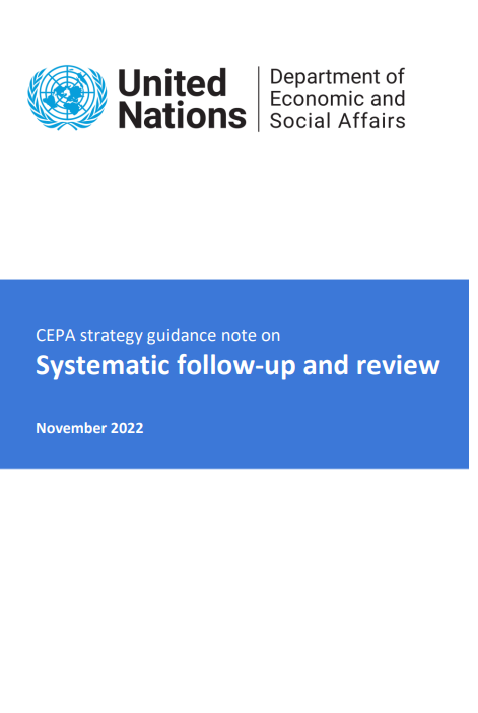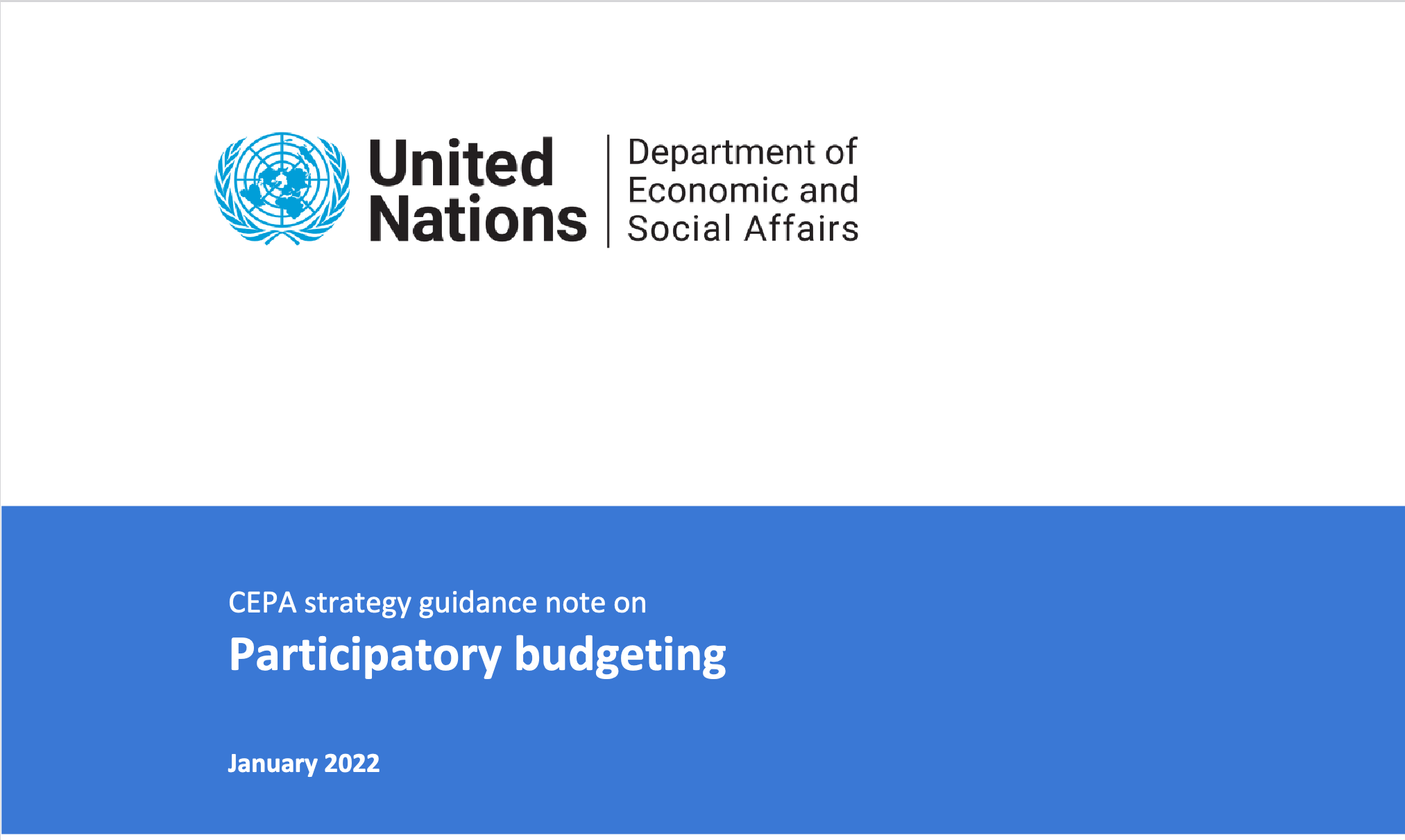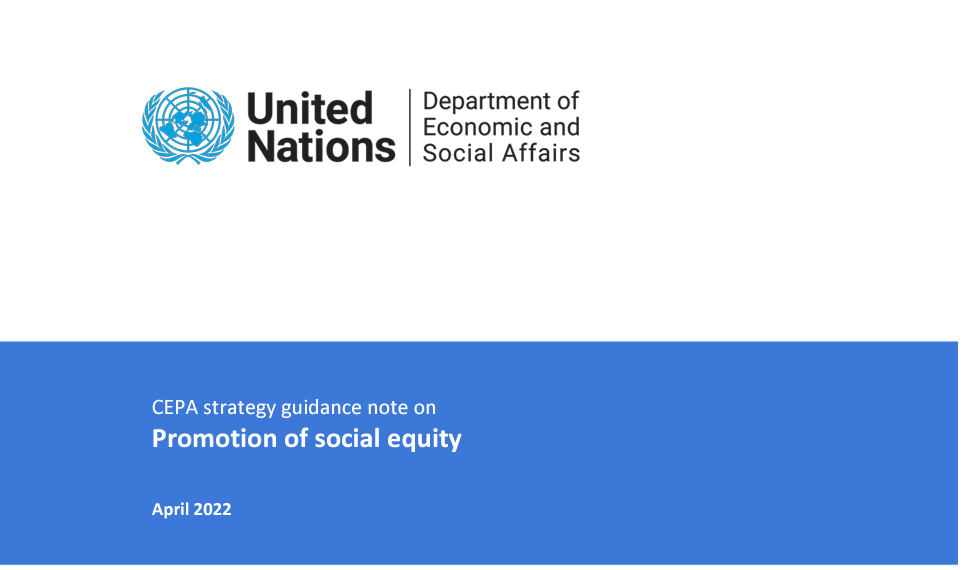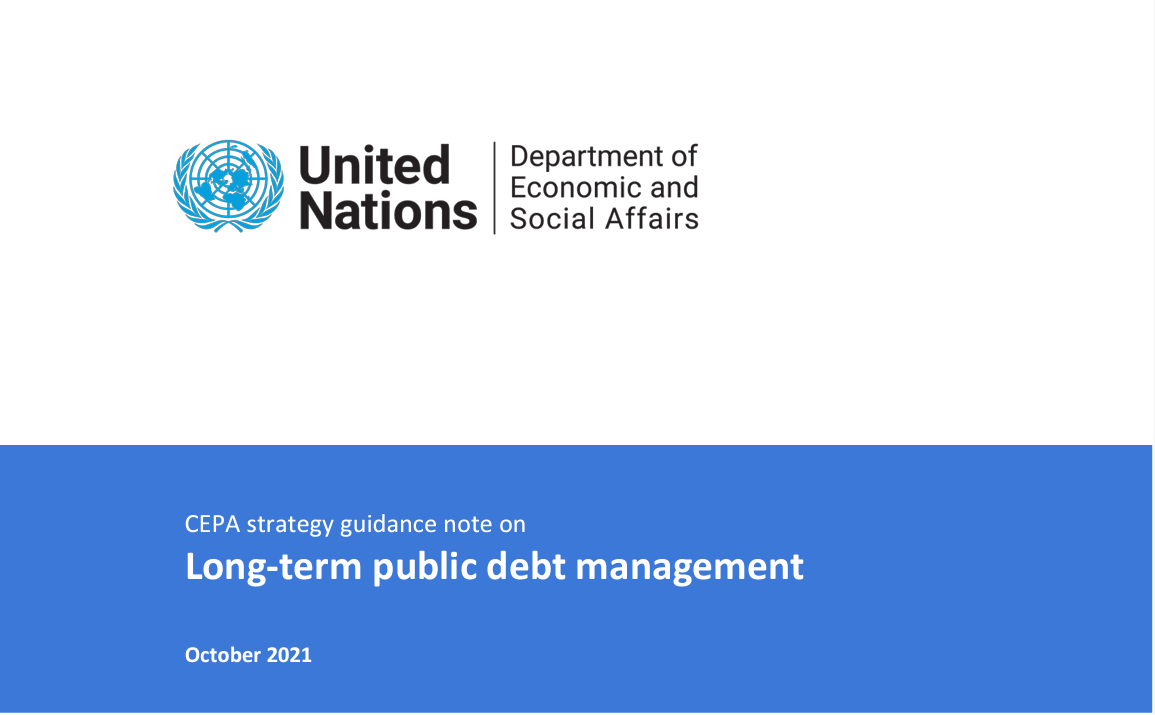| Handbooks | Digital Government
Handbook on Digital Transformation in Local Government Leadership, Human Resources and Organizational Structure
The age of digital transformation, including the evolution of early e-government efforts towards a more holistic and user-centered approach, has arrived. The 2030 Agenda for Sustainable Development (2030 Agenda) includes a focus on governments’…
| Handbooks | Local Governance
Effective National to Local Governance for Climate Change Mitigation and Adaptation
This handbook introduces the reader to concepts, approaches, tools, exercises and innovative cases relating to Climate Change Mitigation and Adaptation. The handbook guides the reader towards roadmaps, policy toolkits, manuals and peer support to…
| Handbooks | Local Governance | Public Institutions
Strengthening Resilience in Cities and Local Communities Through Innovation and Digital Government
This handbook introduces the reader to concepts, approaches, tools, exercises and innovative cases to Strengthen Resilience in Cities and Local Communities through Innovation and Digital Government. The handbook guides the reader towards roadmaps,…
| Handbooks | Local Governance
Social Value in Local Governments
Over the last few years, the world has experienced an unprecedented pandemic. At the crossroads of coexistence or co-destruction, nations learned that community-centred thinking and action was needed, breaking away from self-centred behaviour. This…
| Handbooks | Local Governance
Promoting Local Innovation for Inclusion of People in Vulnerable Situations and Leaving No One Behind
Ensuring no one is left behind is the overarching principle of the 2030 Agenda for Sustainable Development. Achieving that goal entails taking bold and accelerated actions to end extreme poverty, curb inequalities, confront discrimination and fast-…
| Handbooks | Local Governance | Public Institutions
Fostering Collaborative Public Administration for Local Governments
This handbook explains the concepts, attributes and approaches of collaborative administration and specifically introduces practical cases of collaborative public administration in local governments in the Republic of Korea. Collaborative public…
| Handbooks | Sound Policymaking | Supreme Audit Institutions
Handbook on strengthening budget credibility through external audits
DPIDG/UN DESA is collaborating with the International Budget Partnership (IBP) to support Supreme Audit Institutions in conducting analyses of the credibility of government budgets through external audits (SDG16.6.1).“Strengthening Budget…
| CEPA Strategy Guidance Notes | Principles of Effective Governance
CEPA strategy guidance note on systematic follow-up and review
UN DESA's work is supported by a growing series of strategy guidance notes on the many facets of effective governance for sustainable development which embody the knowledge and experience of hundreds of committed expert practitioners and academics…
| Handbooks | Digital Government | Public Service Innovation
Handbook on how to design and implement One-stop-Shops to promote better service delivery and implement the Sustainable Development Goals
This Handbook, prepared by UN DESA/DPIDG, provides local and national governments with a set of conceptual approaches, practical strategies, and tools to improve the delivery of public services through citizen centric One-stop-Shops (OSS). It…
| CEPA Strategy Guidance Notes | Principles of Effective Governance
CEPA strategy guidance note on participatory budgeting
Participatory budgeting (PB) broadly refers to the many ways in which the general public is able to interact directly with government in the design and implementation of budgetary and…
| CEPA Strategy Guidance Notes | Principles of Effective Governance
CEPA strategy guidance note on promotion of social equity
The promotion of social equity is one of the strategies for leaving no one behind, and can be understood as fairness, justice and greater equality for all in society. Achieving equity relies on an active commitment to these aims through the…
| CEPA Strategy Guidance Notes | Principles of Effective Governance
CEPA strategy guidance note on long-term public debt management
This guidance note discusses the role of long-term public debt management as a strategy to promote sustainable development and intergenerational equity within the context of the 2030 Agenda.
 Welcome to the United Nations
Welcome to the United Nations



